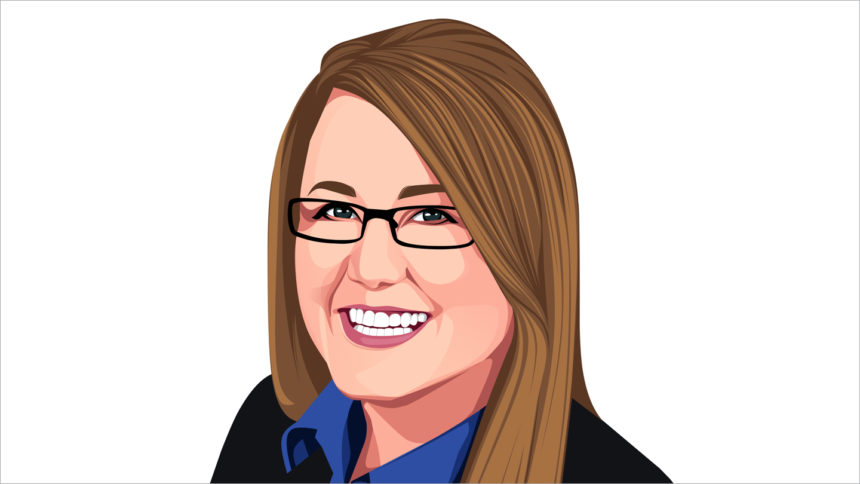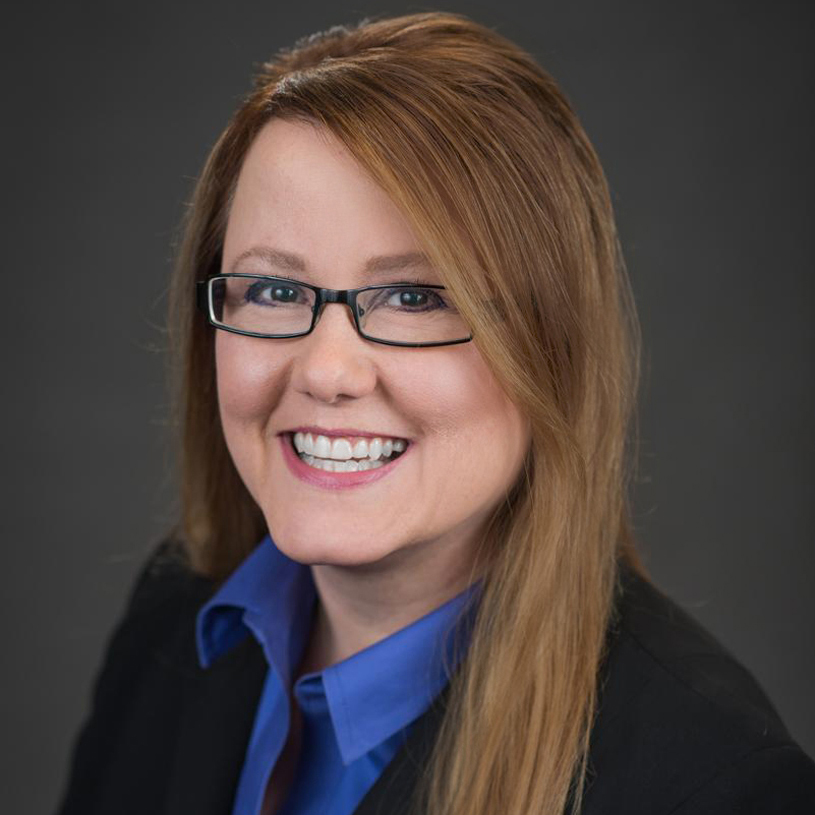

Issues of importance to senior living and the people served by providers could influence the outcome of the 2024 election, suggest the results of a new survey by the AARP.
“Women aged 50 and over are one of the most consequential and influential voting groups in this election,” Nancy LeaMond, AARP executive vice president and chief advocacy and engagement officer, said in a statement. The group includes prospective residents, residents and adult children of residents and prospective residents.
Women 50 and older make up one of the largest, most reliable groups of voters, according to the AARP. US Census Bureau data show that they represent 25.5% of the voting-age population and 28% of registered voters, but a study by the Pew Research Center found that they cast 33% of ballots in the 2022 election, the AARP said.
And what matters to them? “Women in this voting bloc are concerned about America’s future, their own financial security, well-being and our nation’s political divisiveness, and yet they are not a monolithic group,” LeaMond said. “Candidates who want to win in 2024 should pay attention to the concerns they share, and the concerns that differ.”
The survey, conducted Jan. 10 to 21, included interviews with 3,380 respondents, with a base sample of 2,047 voters in the likely electorate nationwide. The margin of error for women voters overall is ± 2.6%, and it’s ± 3.0% for women voters aged 50 or more years.
Even if the women differ in some regards, they share some of the same concerns. Survey highlights:
- 51% of respondents said they are not confident that they will be better off financially a year from now. Among those currently working, 54% don’t think they will have enough money to retire at the age they would like to.
- 48% said that their own personal financial situation is falling short of what they expected at this point in their lives.
- 71% said that they are currently a family caregiver (21%) or have been a caregiver (50%) to a parent, partner/spouse or adult child. Among current unpaid caregivers, 36% also are still working.
- Women voters overall (82%) and women voters 50+ (84%) participating in the research overwhelmingly said they see a need for elected officials to provide more support for older adults and caregivers.
Issues of relevance to senior living — retirement savings and caregiver support — will play a role in the 2024 election, but just wait until 2028, according to Bob Kramer. The co-founder of the National Investment Center for Seniors Housing & Care and founder and fellow at Nexus Insights recently posted on LinkedIn a prediction that “long-term care will become a mainstream campaign issue for the first time.”
“Boomers like me only had to worry about paying off a home mortgage,” he wrote. “But younger generations effectively are carrying two additional mortgages — their student loans and the long-term care bills of their parents. …As pressure on families — and on the system — builds in the next four years, the issue will spill into politics. Candidates are going to be asked ‘What’s your solution?’”
Senior living providers will be ready with solutions of their own.
Lois A. Bowers is the editor of McKnight’s Senior Living. Read her other columns here. Follow her on X (formerly Twitter) at Lois_Bowers.

